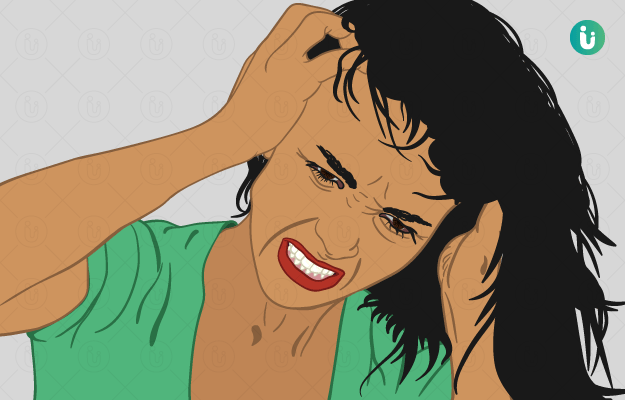What is irritability?
Irritability implies an unjustified reaction. It is characterised by decreased control over temper, which usually results in snappy verbal or behavioural outbursts, although the mood may be present without observed manifestation. It may be prolonged, generalised or may occur in brief episodes. Irritability may be an expression of normal annoyance or may occur as a result of some underlying disorder.
What are its main signs and symptoms?
Common symptoms of irritability include:
- Short temper
- Excessive frustration
Symptoms of chronic and excessive irritability include:
- Extreme reactions which are expressed over unrelated individuals
- Unjustified reactions triggered by depression, stress and anxiety
- Stress occurs as a result of chronic irritability
- Distress to patient, relatives and associates at the workplace
What are the main causes?
Irritability may not always be the result of an underlying condition. It can also be caused by regular annoyance, repeated provocation or chronic stress.
Common causes of irritability are:
- Diseases such as polycystic ovarian syndrome, menopause, hyperthyroidism, toothaches, flu and ear infection.
- Mental disorders such as stress, anxiety, depression, bipolar disorder, schizophrenia, attention deficit hyperactivity and autism. It is commonly observed in teenagers and adolescents.
- Children may also show symptoms of irritability in association with defiant behaviour.
- Irritability is prominently observed among women during premenstrual, perinatal and perimenopausal periods.
- Workaholic life is also seen to be linked with irritability.
- Chronic stress
- Poor stress-management skills
- Alcohol abuse
How is it diagnosed and treated?
Diagnosis is based on careful history and evaluation. Family members are also asked to give a history of symptoms, which is essential for diagnosis.
Your doctor may advise investigations for determining the underlying condition.
Treatment of irritability involves assessing and managing the underlying health condition and triggering factors.
Cognitive behavioural therapy and stress management techniques such as meditation and mindfulness are recommended for treating irritability.
Your doctor may prescribe medications such as antidepressants and mood-stabilising agents.
Relaxation techniques are useful in overcoming irritability, which include:
- Indulging in physical activities such as walking and swimming
- Reading books, listening to music
- Breathing exercise

 Doctors for Irritability
Doctors for Irritability  OTC Medicines for Irritability
OTC Medicines for Irritability



















